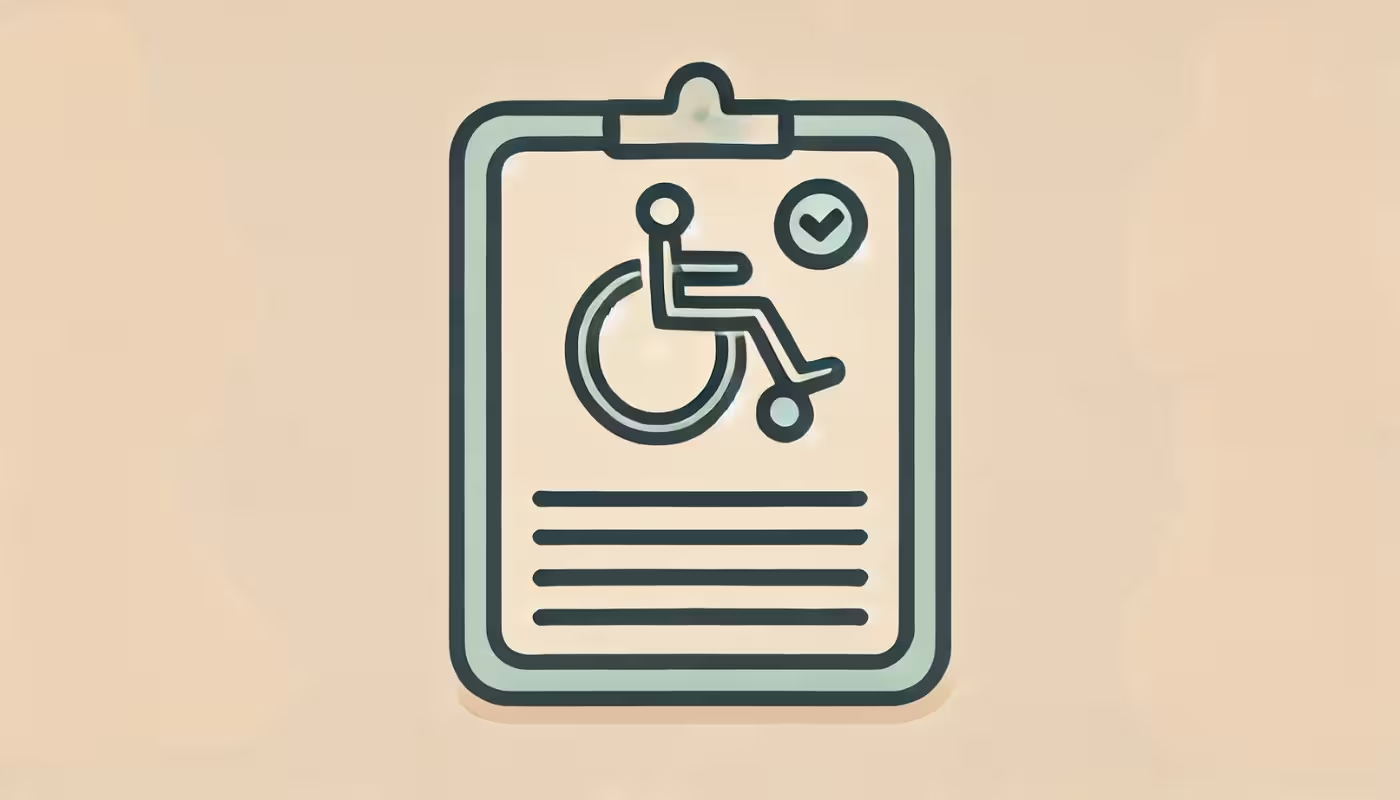For individuals with disabilities, managing health care can be an even greater challenge, especially when accessibility needs complicate the process. Maintaining a personal medical history—a centralized, easy-to-access record of all your health information—can help make managing health easier and more efficient. It not only ensures that vital information is always at hand, but it also helps overcome barriers related to accessibility.
Here are some ways personal medical histories can empower individuals with disabilities and meet their unique needs:
1. Centralized Health Information for Easy Access
Individuals with disabilities often need to manage complex medical histories, including medications, therapies, and treatments. Having all of this information in one accessible place reduces the need to constantly remember and recount medical details.
How it Helps
A centralized personal medical history ensures that all relevant health information—such as diagnoses, medications, and contact information for healthcare providers—is always accessible when you need it.
Accessibility Considerations
Digital personal medical records can be designed to be accessible, offering features like voice-to-text for those with limited mobility, larger text options for the visually impaired, or screen reader compatibility.
2. Streamlined Communication with Healthcare Providers
Individuals with disabilities may work with a wide range of healthcare providers. Having a personal medical history helps streamline communication, making it easier to share consistent and accurate information with each provider.
How it Helps
You can share your personal health history with new doctors, caregivers, or specialists, ensuring they have a comprehensive understanding of your needs. This is especially useful in emergency situations where providing accurate information quickly is crucial.
Accessibility Considerations
Digital records can be easily shared via email or patient portals, reducing the need for in-person visits or handwritten notes, which may be difficult for some individuals with physical disabilities.
3. Better Emergency Preparedness
In an emergency, time is of the essence. For individuals with disabilities, communicating medical needs during a crisis can be particularly challenging, especially if there are speech, mobility, or cognitive impairments. A personal medical history can be a lifesaver in such situations.
How it Helps
By having a well-maintained personal medical history that includes essential details like medications, allergies, and medical conditions, emergency responders or hospital staff can quickly access the information they need to provide the right care.
Accessibility Considerations
Ensure your personal medical history is in an accessible format, such as an easily printable document or a digital file that can be accessed on any device.
4. Medication and Appointment Tracking
Managing medications and doctor’s appointments is often a significant part of daily life for individuals with disabilities. A personal medical history can simplify this process by keeping track of everything in one place.
How it Helps
Tracking medications, dosages, and appointment schedules in a personal medical history can reduce the risk of missing a dose or an appointment. This is particularly important for those with cognitive or memory-related disabilities.
Accessibility Considerations
Use apps that offer accessibility features, such as medication reminders with auditory or visual cues for those who may have trouble reading or using traditional reminders.
5. Supporting Caregivers and Advocates
For individuals with disabilities who rely on caregivers or advocates, having a personal medical history ensures that those supporting you have all the information they need to provide the best care possible.
How it Helps
Caregivers can use a personal medical history to stay informed about medical needs, upcoming appointments, and treatment plans, reducing the chance of miscommunication or missed care opportunities.
Accessibility Considerations
Make sure your personal medical history is accessible not just to you but also to your caregivers. Shared access or collaborative features in digital tools can help keep everyone on the same page.
6. Promoting Independence
A personal medical history empowers individuals with disabilities to take control of their health information. This can foster greater independence by allowing individuals to manage their health without relying solely on external help.
How it Helps
With a comprehensive personal medical history, individuals with disabilities can stay informed and make decisions about their health, enhancing their sense of autonomy and control.
Accessibility Considerations
Choose a system that meets your specific accessibility needs, whether that’s through easy-to-read formats, voice commands, or other assistive technologies.
Conclusion
Maintaining a personal medical history is a powerful tool for individuals with disabilities. By centralizing health information, streamlining communication, and enhancing emergency preparedness, personal medical histories help meet the unique accessibility needs of individuals with disabilities. They not only ensure that critical health information is always available but also empower individuals to take control of their health and well-being. With the right accessibility features, these records can transform healthcare management into a more inclusive and efficient experience for everyone.
